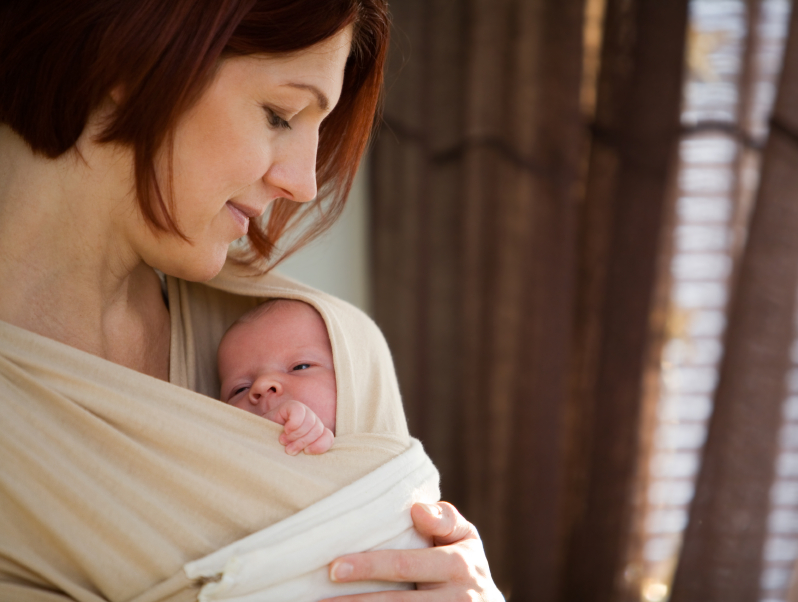Study Finds No Substantial Risk of Infant Cardiac Problems from Antidepressant Use During Pregnancy
In the past there has been some concern that selective serotonin reuptake inhibitor (SSRI) antidepressants taken during pregnancy could increase an infant’s risk of cardiac problems. There was particular concern that the SSRI paroxetine could lead to right ventricular outflow tract obstruction, and sertraline could lead to ventricular septal defects. A 2014 study by KF Huybrechts et al. in the New England Journal of Medicine analyzed data from 949,504 women in a Medicaid system from three months before pregnancy until one month after delivery during the years 2000-2007.
Infants born to mothers who had taken antidepressants during their first trimester were compared to infants whose mothers had not taken antidepressants. In total, 6.8% or 64,389 women had used antidepressants in their first trimester.
While the rate of cardiac defects in newborns was greater among those mothers who had taken antidepressants (90.1 infants per 10,000 infants who had been exposed to antidepressants versus 72.3 infants per 10,000 infants who had not been exposed to antidepressants), this relationship diminished as confounding variables were removed. The relative risk of any cardiac defect after taking SSRIs was 1.25, but this decreased to 1.12 when restricted to only those mothers who were diagnosed with depression, and to 1.06 when the researchers controlled for things like depression severity. (All relative risk numbers were calculated with a 95% confidence interval.)
The researchers concluded that there is no substantial risk of increased cardiac defects in children born to mothers who took antidepressants during their first trimester.


